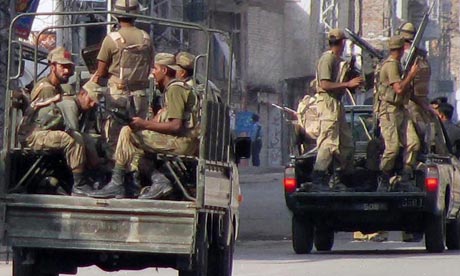
Avoiding war with Iran may cost Obama the Jewish-American vote, and perhaps the presidency, writes Ayman El-Amir
Iran's three-day military exercises in the southern Gulf and the Strait of Hormuz, dubbed "the Greatest Prophet", were a defiant message to several Iran watchers.
The primary target is a response to escalating Israeli and US pressure and intimidation tactics. A secondary message to the Gulf Arab states is that Iran will be a tough nut to crack if it is attacked by either the US or Israel. It is capable of land and sea retaliation against US military bases and warships in the Gulf.
In a separate message, the Revolutionary Guard wanted to reignite Iranian patriotism weakened following the last parliamentary elections and the clashes they triggered. In times of crisis, nothing is more effective in rallying a nation than a show of military power in the face of external threats. Israeli-driven Western confrontation with Iran over its nuclear programme is becoming not only more complicated but militarily more uncertain. More >>>






